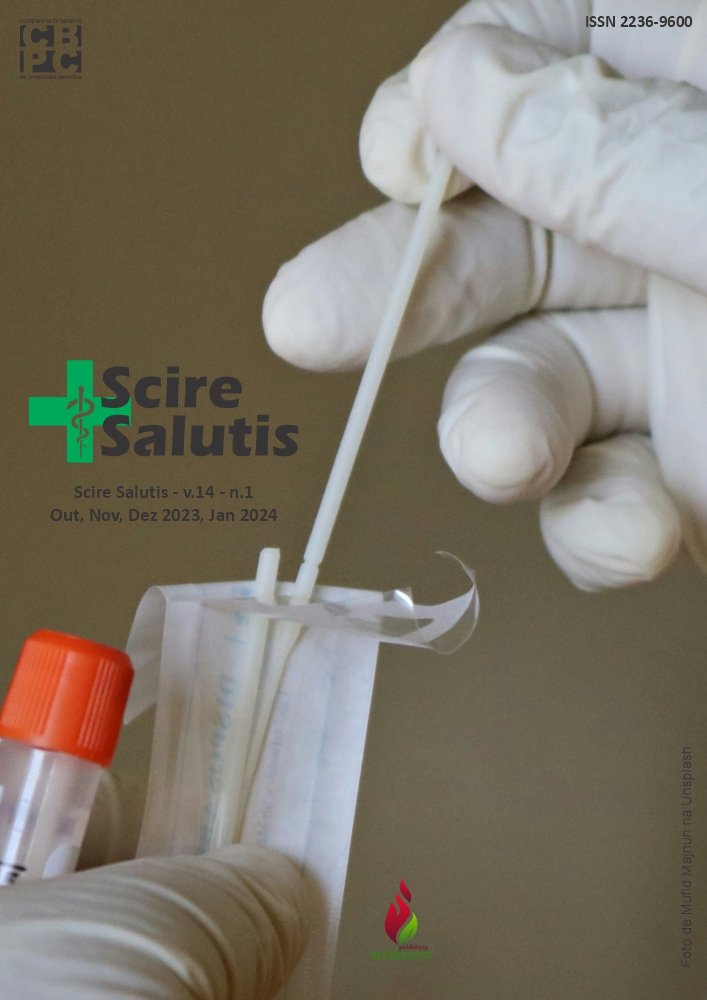Self-medication among pregnant women and related factors: integrative review
DOI:
https://doi.org/10.6008/CBPC2674-6506.2022.001.0002Keywords:
Pregnant women, Self medication, Risk assessment, Plants medicinalAbstract
Self-medication during pregnancy represents a problem for global public health, since most drugs are able to cross the placental barrier and most have not been clinically tested in pregnant women. Exposure to drugs, whether of synthetic or natural origin, during pregnancy, involves risks to the mother and fetus, which makes it necessary to carry out studies on the subject. The objective of this study is to analyze in the scientific literature whether self-medication is practiced by women during pregnancy and what factors are related to this phenomenon. This study is an integrative review where a search was carried out in the scientific databases Scientific Electronic Library Online (SCIELO) and in the collection of the Virtual Health Library (BVS) from the perspective of the PICO strategy. After applying the inclusion and exclusion criteria during the identification, selection, eligibility and inclusion of research, the sample of this review was composed of 12 studies. The presence of self-medication among pregnant women was identified in all evaluated studies. Little knowledge about risks, economic vulnerability, few prenatal consultations, beliefs and easy access to synthetic medications or medicinal plants were some of the factors related to self-medication among this public. Health education during prenatal care has a positive impact on non-self-medication. Therefore, prenatal care is a protective factor against non-self-medication among pregnant women, and nursing is an essential profession for the prevention of this behavior in view of its active participation in this process.
Downloads
Published
Issue
Section
License
Copyright (c) 2022 Health of Humans

This work is licensed under a Creative Commons Attribution-NonCommercial-NoDerivatives 4.0 International License.
The CBPC - Companhia Brasileira de Produção Científica (Brazil CNPJ: 11.221.422/0001-03) the material rights of the published works. The rights relate to the publication of the work anywhere in the world, including rights to renewals, expansions and dissemination of the contribution, as well as other subsidiary rights. All electronically published works may subsequently be published in printed collections under the coordination of this company and / or its partners. The authors preserve the copyright, but are not allowed to publish the contribution in another medium, printed or digital, in Portuguese or in translation.








